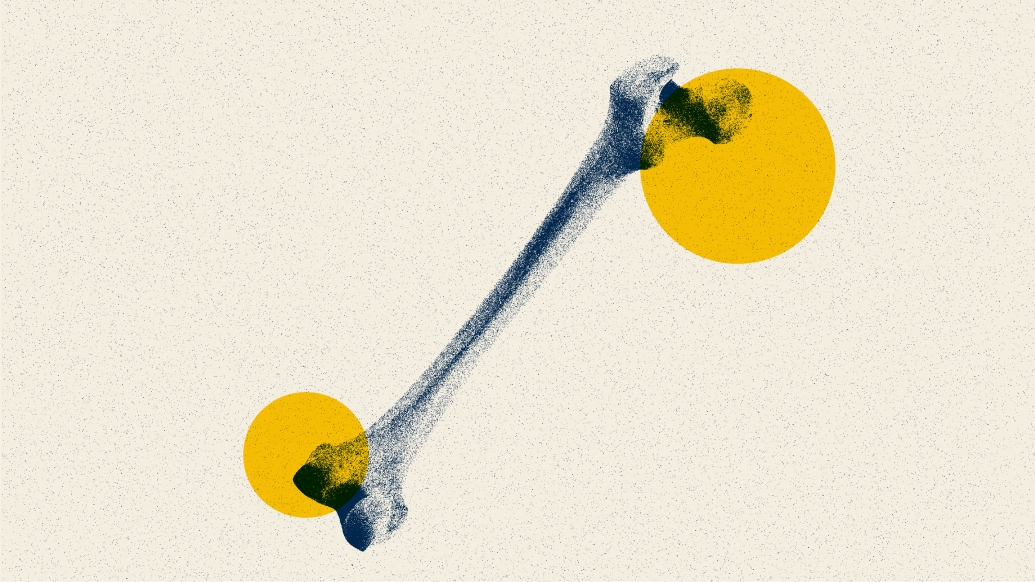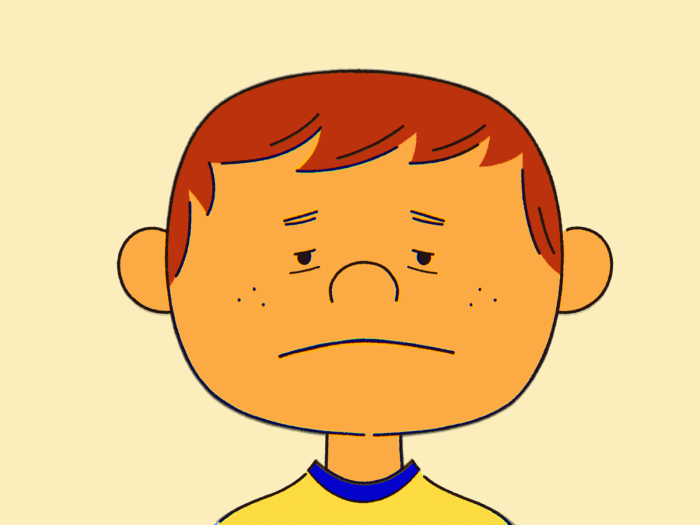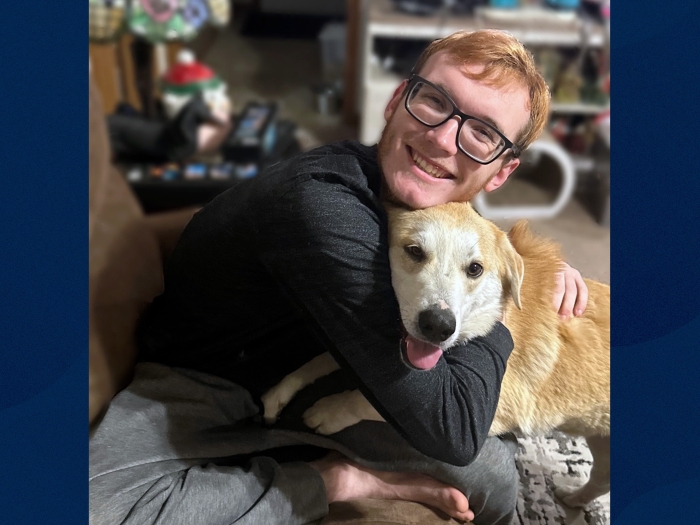Summer sports are a great way to keep kids occupied, but too much activity can lead to weakened tendons
2:00 PM
Author |

Keeping children physically active in the summer is a great way to keep them occupied and healthy.
But is there such a thing as too much physical activity?
Recent Michigan Medicine research in mice suggests that overloading young feet can have a negative impact on tendons and bones, reinforcing recommendations that kids spending their days being active in the summer have proper footwear and rest.
In the study, researchers used a novel technology to simulate the overloading of tendons and muscles in mice. The results showed that daily bouts of controlled muscle loading in adolescent mice created structural and cellular changes in tendons where these tissues attach into the bone. The cellular change resulted in weakened Achilles tendons that made continuing to be physically active a challenge. Specifically, the younger mice were more susceptible to tendon damage and weakness than the fully grown mice.
In addition to weakened tendons, the research showed signs of Sever disease forming when overloading adolescent feet.
“Sever disease is diagnosed as heel pain in children caused by repetitive stress, which leads to inflammation and pain of the growth plate and heel bone,” said Megan Killian Ph.D., an assistant professor of orthopaedic surgery and molecular and integrative physiology at University of Michigan Health and senior author on the paper. “It is one of the most common causes of heel pain in kids, especially those who are physically active and still growing.”
Common symptoms of Sever disease are consistent heel pain, limping and swelling of the heels. The condition typically resolves on its own with rest and increased support of the heels.
“While staying active is important to the health of children, our research shows that too much activity with little rest could overload young tendons causing structural problems that can become worse with time if not addressed,” said Syeda Noor E Lamia, a graduate student in U-M Department of Mechanical Engineering who co-led the study.
Muscle and tendon overloading and Sever disease in children can be prevented or resolved by making sure that kids rest after long periods of physical activity in addition to wearing proper footwear while being active.
If your child starts to experience increased or consistent pain in their feet, it’s best to check with their pediatrician for proper care.
“Newer, less supportive shoes and cleats can contribute to Sever disease and the effects of overloading the muscles and tendons,” said Matthew Stepanovich M.D., an orthopaedic surgeon at University of Michigan Health C.S. Mott Children’s Hospital. “Making sure your child’s shoes are supportive can help decrease symptoms and prevent overloading.”
Additional authors: Syeda N. Lamia, Department of Orthopaedic Surgery, Michigan medicine, Department of Mechanical Engineering, University of Michigan; Elahe Ganji, Department of Orthopaedic Surgery, Michigan Medicine, Beckman Institute for Advanced Science and Technology, University of Illinois at Urbana-Champaign, Department of Mechanical Engineering, University of Delaware; Matthew Stepanovich, Noelle Whyte, Robert W. Goulet, Adam C. Abraham, Megan L. Killian, Department of Orthopaedic Surgery, Michigan Medicine.
Funding: This work was supported by funding from the National Science Foundation (CAREER Award) National Institutes of Health (R01AR079367, R03HD094594)
“Optogenetic-induced muscle loading leads to mechanical adaptation of the Achilles tendon enthesis in mice,” Science Advances: Applied Science and Engineering. DOI: 10.1126

Explore a variety of health care news & stories by visiting the Health Lab home page for more articles.

Department of Communication at Michigan Medicine
Want top health & research news weekly? Sign up for Health Lab’s newsletters today!





